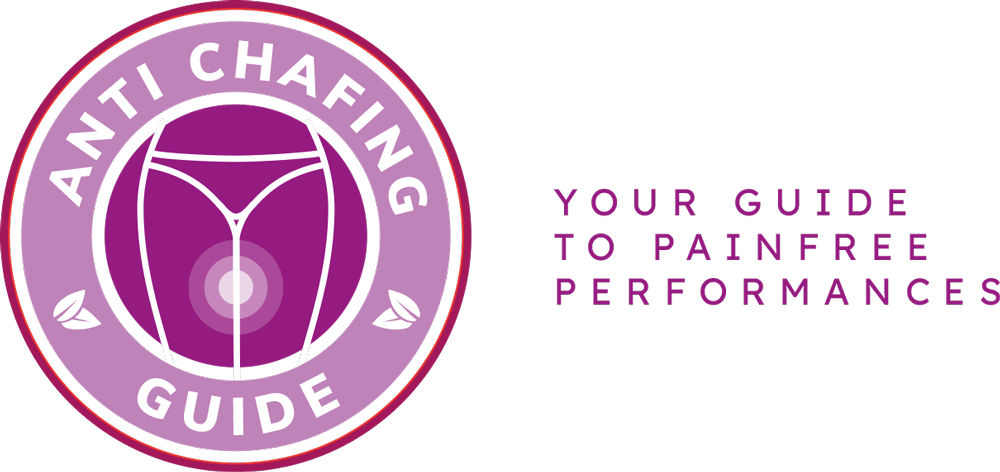Say goodbye to chafing woes with these simple and effective at-home remedies! Discover how to alleviate chafing discomfort using easy and efficient remedies that can be done at home.
Chafing can be a painful and irritating problem, but there are several remedies that can help provide relief. One of the most important steps in preventing and treating chafing is to keep the affected area moisturized. Using a moisturizer that is gentle and non-irritating can help soothe chafed skin and prevent further irritation. Look for moisturizers that contain ingredients like aloe vera, shea butter, or cocoa butter.
In addition to moisturizers, there are also several natural remedies that can provide relief from chafing. Aloe vera gel is known for its soothing properties and can help reduce inflammation and discomfort. Coconut oil is another great option, as it has antimicrobial properties and can help keep the skin moisturized. Taking oatmeal baths can also provide relief, as oatmeal has anti-inflammatory properties that can help soothe chafed skin.
Moisturizers
When it comes to soothing chafed skin and preventing further irritation, moisturizers play a crucial role. There are various types of moisturizers that can provide relief and promote healing. Let’s take a closer look at some of these moisturizers:
- Petroleum Jelly: This classic moisturizer creates a protective barrier on the skin, preventing friction and reducing chafing. It is especially effective in areas prone to chafing, such as thighs and underarms.
- Creams with Zinc Oxide: These creams not only moisturize the skin but also provide a soothing and healing effect. Zinc oxide acts as a barrier, protecting the skin from further irritation.
- Calendula Cream: Derived from the marigold flower, calendula cream possesses anti-inflammatory properties that can help reduce redness and swelling caused by chafing.
Remember to apply moisturizers generously to the affected areas, especially after bathing or showering. This will help lock in moisture and promote healing. Additionally, opt for fragrance-free moisturizers to avoid any potential irritation. By incorporating these moisturizers into your skincare routine, you can bid farewell to chafing woes and enjoy smooth, comfortable skin.
Natural Remedies
When it comes to finding relief from chafing, natural remedies can be a game-changer. Not only are they effective, but they are also easily accessible and affordable. Let’s explore some of the natural ingredients and remedies that can provide much-needed relief from chafing.
Aloe Vera: Known for its soothing properties, aloe vera is a popular choice for treating chafed skin. Its cooling effect helps reduce inflammation and provides instant relief. Simply apply a generous amount of aloe vera gel to the affected area and let it work its magic.
Coconut Oil: This versatile oil is not only great for cooking but also for healing chafed skin. Its moisturizing properties help hydrate and nourish the skin, promoting faster healing. Gently massage coconut oil onto the affected area and let it absorb.
Oatmeal Baths: Oatmeal is known for its anti-inflammatory properties and can be incredibly soothing for chafed skin. Fill a bathtub with lukewarm water and add a cup of finely ground oatmeal. Soak in the bath for 15-20 minutes to experience relief from itching and irritation.
These natural remedies can provide immense relief from chafing and help speed up the healing process. Give them a try and say goodbye to chafing woes!
Frequently Asked Questions
- Q: What causes chafing?
A: Chafing is often caused by friction between the skin and clothing or skin-to-skin contact. It can occur in areas such as the thighs, underarms, and groin.
- Q: How can moisturizers help with chafing?
A: Moisturizers create a protective barrier on the skin, reducing friction and preventing chafing. Look for moisturizers with ingredients like aloe vera or shea butter.
- Q: Are there any natural remedies for chafing?
A: Yes, there are several natural remedies you can try. Aloe vera has soothing properties, coconut oil can moisturize and reduce inflammation, and oatmeal baths can provide relief.
- Q: How can I prevent chafing in the future?
A: To prevent chafing, wear moisture-wicking clothing, use lubricants like petroleum jelly in areas prone to chafing, and keep your skin well-moisturized.
- Q: When should I see a doctor for chafing?
A: If your chafing is severe, accompanied by infection or bleeding, or doesn’t improve with home remedies, it’s advisable to consult a doctor for further evaluation and treatment.


Keith is originally from Truckton, Colorado. The 54-year-old cared for his overweight wife for many years. Keitch is also a freelance editor at antichafing.net and supports the team as a competent advisor. In his spare time Keith enjoys reading books, visiting his homeland and is a passionate product tester for well-known manufacturers.

